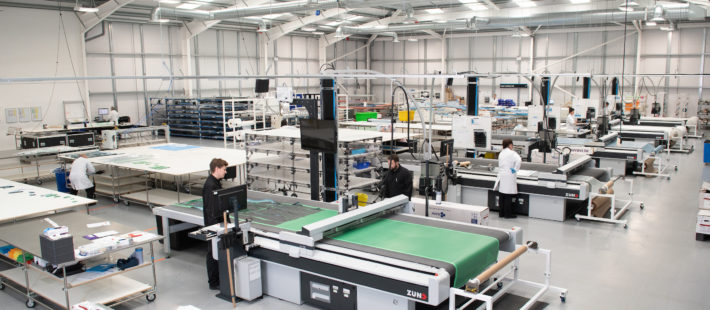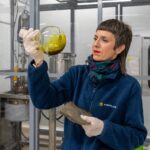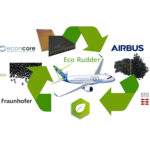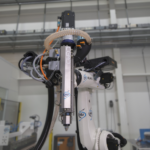

AIMPLAS e TNO hanno concluso il progetto ELIOT, che prevede una revisione completa delle tecnologie di riciclaggio per compositi e biocompositi. Durante i test sono stati valutati dodici metodi applicati a sei diversi materiali. La solvolisi e la pirolisi sono risultate le alternative più promettenti per la produzione su larga scala. La pirolisi, tuttavia, ha dimostrato di avere costi economici ed ambientali maggiori rispetto alla solvolisi, dal momento che genera il 17% in più di anidride carbonica e sviluppa il doppio del calore….

In occasione dell’evento JEC Forum ITALY – organizzato da JEC Group in collaborazione con Assocompositi – del prossimo 6-7 giugno 2023 a Bologna, Leonardo Spa terrà un intervento all’interno della sessione “Nuovi modelli per l’innovazione e nuove tecnologie”. Disponibile ora l’abstract dello speech!…

Nell’ottica di rendere più sostenibile l’industria aerospaziale, i compositi a sandwich possono sostituire i termoindurenti tradizionali nella creazione di parti strutturali degli aerei, senza rinunciare alla resistenza in ambienti estremi o in situazioni di carico imprevisto. EconCore sta lavorando con Airbus, Fraunhofer e il Politecnico della Danimarca (DTU) alla realizzazione di un timone sostenibile per un aeromobile in compositi a nido d’ape….

Oggi parlare di aviazione sostenibile, vuol dire porsi l’obiettivo di ridurre il peso strutturale dei velivoli, limitando al contempo anche i consumi e le emissioni. Per raggiungere tale scopo è opportuno sostituire le parti metalliche con equivalenti in compositi, che possiedono elevati rapporti di resistenza e rigidità rispetto al peso. NLR (Netherlands Aerospace Centre) sta esplorando le potenzialità della produzione additiva su larga scala di materiali termoplastici rinforzati con fibre….

De Havilland Dash 8, il nuovo aeromobile della Universal Hydrogen, si è alzato per la prima volta in volo a inizio marzo del 2023. Uno dei suoi motori a turbina era stato sostituito da un propulsore elettrico a combustibile a idrogeno di classe megawatt, che includeva un’elica in fibra di carbonio con profilo alare a cinque pale del diametro di 2,3 metri….

